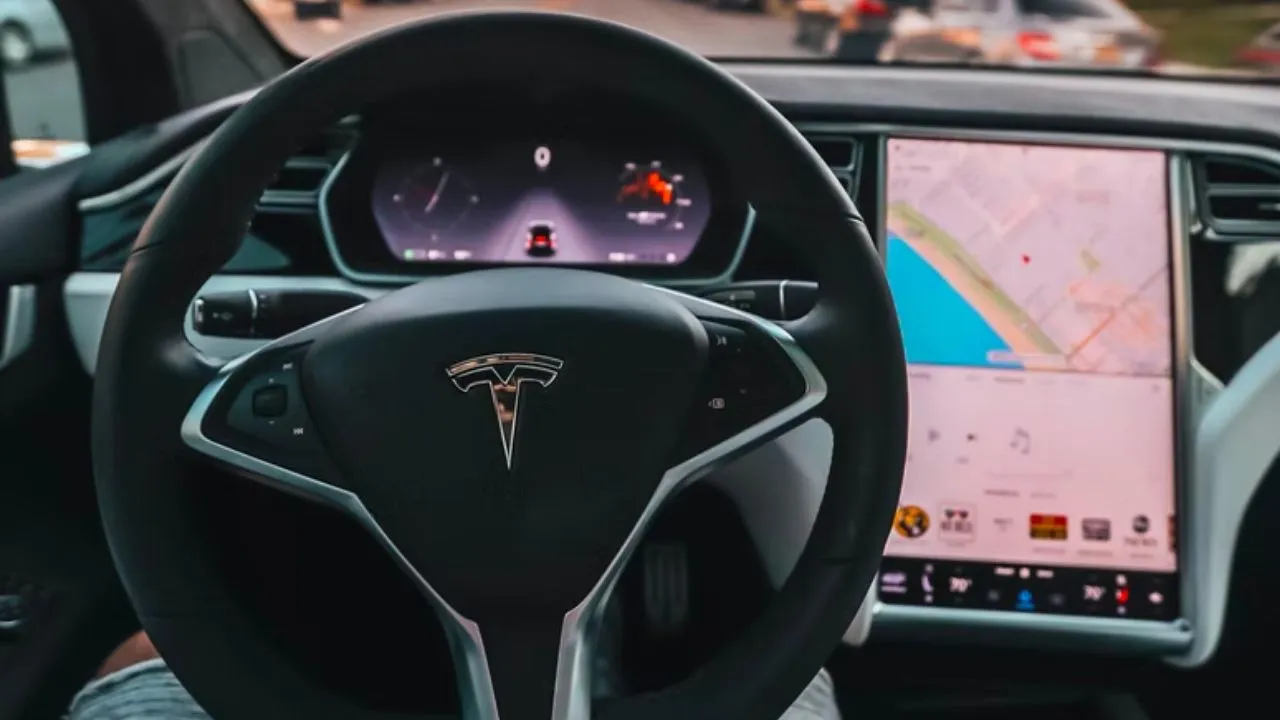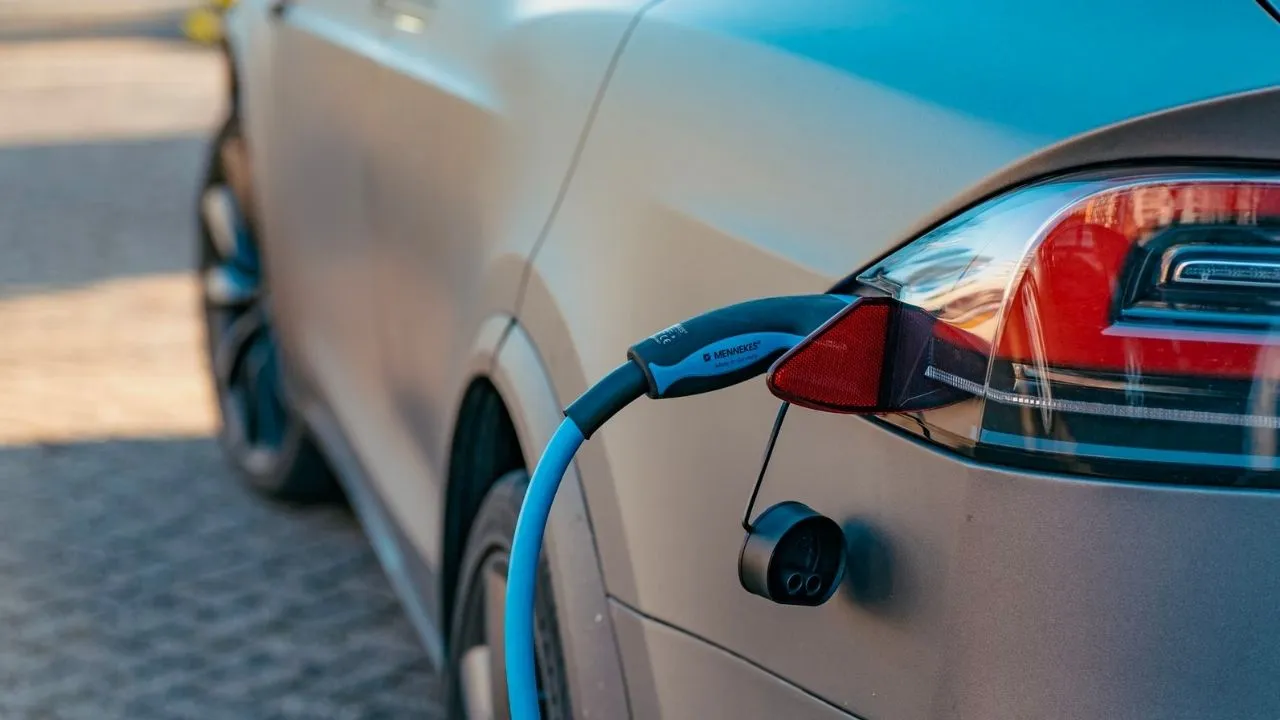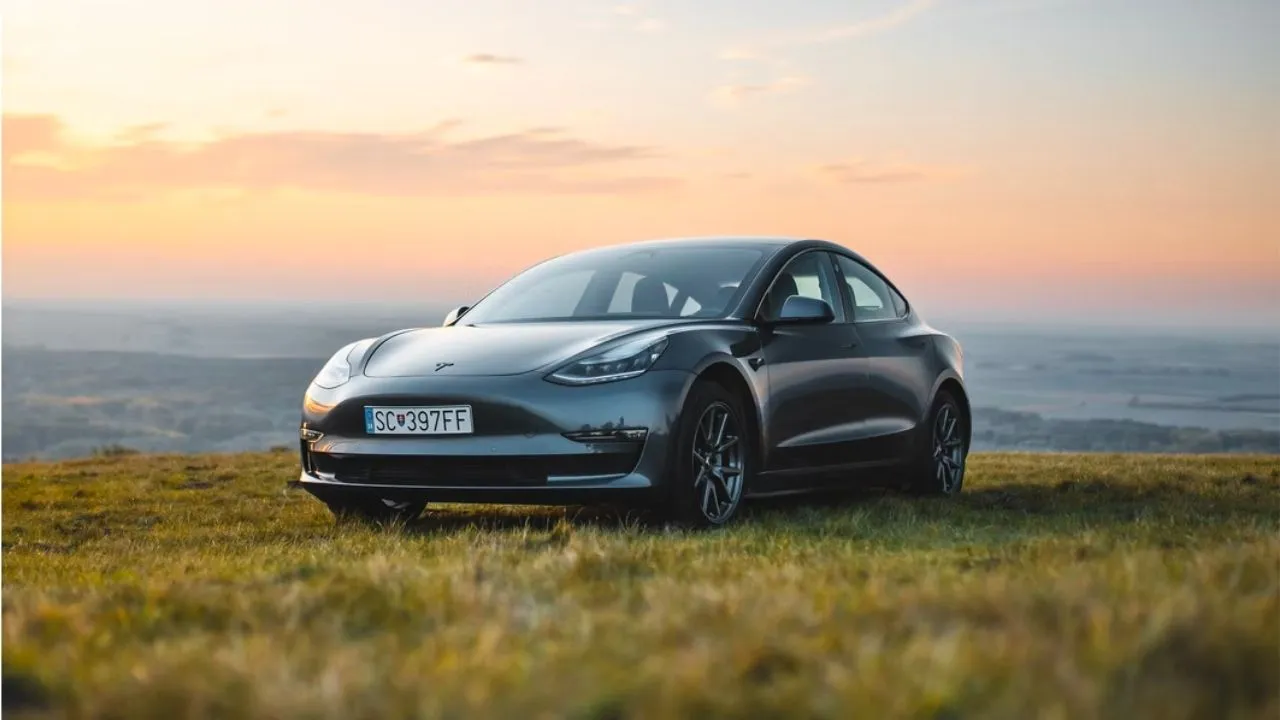Electric cars are becoming more and more popular. Many people choose to switch to electric vehicles because of their benefits. One of the most significant benefits of electric cars is that they are suitable for city driving. This article will answer the question: “Is An Electric Car Good For City Driving?” Keep reading to learn more.
Is An Electric Car Good For City Driving?
The short answer to this question is that an electric car is suitable for city driving. Electric vehicles are cheaper to operate and have much lower emissions than gasoline or diesel vehicles. This makes them an excellent choice for people who live in dense urban areas where air pollution is a significant concern.
Electric cars also have some other advantages over traditional gasoline and diesel vehicles. For example, they are much quieter, making them more pleasant to drive in urban areas. And because they have no fuel emissions, electric cars are also good for the environment.
Are Electric Cars More Efficient In The City?
Electric cars have been around for now, and many people swear by their efficiency. The electric vehicle is more efficient in the city because it doesn’t require as much power to move around. This means that you can save on your electric bill by using an electric car in the city.
Electric Cars Are Less Likely To Break Down
One of the biggest problems with gasoline and diesel cars is that they are very susceptible to breaking down. This is especially true in the city, where there are a lot of potholes and bumps. Electric cars don’t have this problem because they rely on batteries rather than gas or oil.
Overall, an electric car is an excellent choice for people who live in cities where air pollution is a concern. They are also much more efficient than traditional gasoline and diesel vehicles, making them cheaper to operate.

What Are The Benefits Of Electric Cars?
The benefits of electric cars include:
- Reduced emissions can help improve air quality and protect the environment
- Reduced cost of ownership
- No need to fill up with gas or oil, reducing fuel costs
- No need to change or maintain car parts
Reduced Emissions, Which Can Help Improve Air Quality And Protect The Environment
Electric cars are becoming more popular as they offer several benefits for drivers, including reduced emissions. In addition, these cars generate no pollutants when running, meaning they can improve air quality and protect the environment.
Electric cars also have a much lower carbon footprint than petrol- or diesel-powered vehicles. This is because they produce zero emissions when traveling in urban areas, which can help to improve air quality and reduce greenhouse gas emissions. In addition, electric cars can emit less pollution than traditional hybrids in some cases.
These vehicles have some advantages for city driving. They are cheaper to operate than petrol or diesel cars and don’t require regular visits to the garage for repairs. Electric vehicles also have longer ranges than petrol or diesel models, ideal for long journeys.
Reduced Cost Of Ownership
Electric cars have many benefits, such as reduced cost of ownership and the potential to reduce carbon emissions.
There are a few considerations to keep in mind if you’re thinking about buying an electric car. First, the upfront cost may be higher than a traditional car. However, the prices can be lower over time than with a gas-powered vehicle, thanks to low fuel costs and decreased emissions. Second, electric cars require fewer maintenance items than gasoline or diesel cars. This can save you money in the long run. Third, electric cars are more efficient than gas-powered vehicles and produce zero emissions when driving. This makes them good options for city driving, where emissions are essential concerns.

No Need To Fill Up With Gas Or Oil, Reducing Fuel Costs
Electric cars are becoming more popular and for good reasons. First, they don’t need to be filled with gas or oil, reducing fuel costs. Additionally, electric cars are environmentally friendly, as they produce no emissions. Plus, they’re reliable and a lot of fun to drive.
No Need To Change Or Maintain Car Parts
Electric cars have become a popular choice for those looking for an environmentally friendly transportation option. Electric vehicles are cheaper than gas cars, but they also require no maintenance and have virtually no emissions.
Despite these advantages, there are a few caveats to consider before switching to an electric car. First of all, electric vehicles are not as efficient in city driving as gasoline or diesel-powered cars. They typically have lower gas mileage ratings and require more energy to propel them through urban streets.
Additionally, some people may find the lack of traditional engine noise disturbing during commutes or road trips. In general, however, electric cars are good choices for those looking for an environmentally friendly transportation option that is cheaper and easier to maintain than traditional gasoline-powered vehicles.
What Is The Downside Of Electric Cars?
Electric cars have many benefits over traditional gasoline-powered vehicles but some drawbacks are also. For one, electric vehicles require a lot of energy to power, which can be a downside in areas with limited electricity availability. Additionally, electric cars are not as efficient as gasoline cars when traveling in city traffic. They can also be more expensive to operate than traditional vehicles. Electric vehicles are suitable for reducing their carbon footprint and those who live in areas with ample access to renewable energy sources. Still, they may not be the best choice for most people who commute to urban areas.
On the other hand, electric cars are growing in popularity, and technology is advancing rapidly, making them more viable as a city transportation option in the future.

Is It Worth Getting An Electric Vehicle?
Electric vehicles are becoming more common, as they offer some benefits over traditional gasoline-powered cars. One significant benefit is that electric vehicles produce no emissions, which can be a substantial advantage in cities where air quality is an important issue.
Another benefit is that electric vehicles are much cheaper to operate than gas-powered vehicles, making them a good choice for people who commute in urban areas. However, there are some drawbacks to electric vehicles as well. One issue is that they can be less efficient than gas-powered cars when it comes to getting around town, and they can also take longer to charge up than traditional gasoline-powered cars.
Electric vehicles are an attractive option for people who want to reduce their environmental impact while still having access to a reliable form of transportation. However, if you’re thinking about getting an electric car, it’s essential to do your research before deciding. There are various factors to consider, including the driving you do and the climate where you live.
Are Electric Cars Better For The City Or Highway?
When it comes to electric cars, the options are endless. There are different electric cars, with each one designed for a different purpose. Some electric cars are suitable for city driving, while others are better for highway driving. Ultimately, the decision comes down to what you think is best for you. If you’re looking for an electric car that’s good for city driving, there are various options available. Some of the most popular choices include the Nissan Leaf and the Tesla Model S. These cars have great range and can easily handle tight streets and curves.
On the other hand, if you’re looking for an electric car that’s good on the highway, you’ll want to consider models like the Chevrolet Bolt or the BMW i3. These cars have plenty of power and can travel long distances without recharge. Ultimately, it’s essential to think about what type of driving you’ll be doing and which electric car is best for that particular purpose.
Are Electric Cars Good For Long-Distance Driving?
Electric cars have been gaining in popularity lately for a few reasons. For one, they’re a lot cheaper to operate than gas cars. The average electric car costs $8,000 to $10,000 to operate annually, compared with the average gas car cost of around $20,000. Additionally, electric cars are much better for the environment than gasoline cars because they produce zero emissions when driving.
The biggest downside to electric cars is that they’re not as good in cold weather because the batteries need warm weather to work optimally. If you’re looking for an electric car that can handle long distances, you’ll want to consider models like the Tesla Model S or the Nissan Leaf. These cars have a range of over 300 miles and can travel at speeds up to 155 miles per hour.
Long-distance driving is a great way to test an electric car’s capabilities. However, if you’re looking for an all-purpose vehicle, you might consider a model like the Tesla Model S or the Nissan Leaf. These cars have a range of over 300 miles and can travel at speeds up to 155 miles per hour.

How Long Do Electric Car Batteries Last?
Electric cars are becoming more popular, but many people still don’t know if they’re suitable for city driving. In short, electric cars are great for city driving because the batteries last a lot longer than gasoline cars. The average electric car battery will last around 300 miles, about double the distance of a gasoline car battery. This means that you can save a lot of money on gas by using an electric car instead. But you should remember that some factors will affect the battery life of an electric car, including the type of battery and how you drive.
Factors That Effect Electric Car Battery Life
1. Distance Travelled
Electric cars have become increasingly popular due to their ability to help reduce air pollution and greenhouse gas emissions. However, many people are still unsure whether an electric car is suitable for city driving.
One of the most significant factors that will affect how well an electric car performs in the city is how far it can travel before needing to be recharged. Electric cars with shorter ranges generally require more frequent charging than those with longer ranges, increasing over time. Suppose you plan to use your electric car primarily for city driving. In that case, it’s essential to factor in how long it will take to recharge and ensure you have enough available battery power.
2. Driving Style
Another major factor that will affect the battery life of an electric car is how you drive. Electric cars are designed to be more efficient than traditional gasoline cars, requiring less fuel to operate. However, this also means that they need less power to run, leading to shorter battery life if you’re not careful.
If you tend to drive slowly and cautiously in the city, your electric car may last for a more extended period than if you’re a more aggressive driver. This is why it’s crucial to consider your driving style when choosing an electric car for city use.
3. Frequency of Charges
Electric cars are becoming more popular each year. Many people are wondering if electric cars are suitable for city driving. The answer to this question depends on the frequency of charges your electric car battery receives. If you only charge your car once a week, your battery will last about six months. If you charge your car up two times a week, the battery will last three months. So, charging your vehicle up more often than once a week will extend the battery life of your electric car.
4. Temperature
Electric cars are becoming more popular each year. However, many people are still unsure if they should buy an electric vehicle. One of the main concerns people have is temperature’s effect on electric car battery life.
Indeed, electric cars work best when the temperature is cool. However, this isn’t always possible in a city setting. Electric vehicles can get very hot when driving in a city, especially in heavy traffic. This can quickly drain the battery and cause problems.
If you plan to buy an electric car, it is crucial to research how the weather affects battery life in that type of vehicle. This will help you make informed decisions about whether or not an electric car is right for you.

5. Usage Patterns
Electric cars are becoming more popular each year. Many people believe that electric cars are better for the environment than gas cars. However, there are some questions about electric cars’ usage patterns and effects on battery life.
One question is, how often will an electric car need to be plugged in to recharge? For example, if an electric vehicle is used for city driving, will it regularly need to be plugged in? If so, how long will it take to recharge? If the car is not used often and only needs to be plugged in occasionally, its battery life may be shorter than if it is used more frequently.
Another question is how far can an electric car go on a single charge? This depends on factors like the size of the battery and how much power the car is using. If the vehicle is used for long distances, the battery may need to be charged more frequently.
Overall, electric cars have many potential benefits for the environment and personal transportation. However, some questions about their usage patterns and battery life still need to be answered.
How Many Hours Can An Electric Car Run?
Electric cars are becoming more popular each year. Many people believe that they are better for the environment because they don’t produce emissions. However, there are some concerns about how long electric cars can last on a single charge.
A 2016 study by the National Renewable Energy Laboratory found that an electric car can travel up to 373 miles on a single charge under ideal conditions. That’s significantly less than the range of a gasoline or diesel car. However, most electric vehicles only have a range of about 100 to 200 miles. That means you would need to plug in your car every night if you plan on using it for city driving.
Another consideration is how often you will need to charge your car. The average person only uses about 10 percent of their battery daily, so that a full charge would take about 10 hours.
Conclusion
This article has discussed the benefits and drawbacks of electric cars. We have also explained how long they can last on a single charge and how often you will need to charge them. Ultimately, it is essential to consider your personal needs and preferences when selecting a car.
